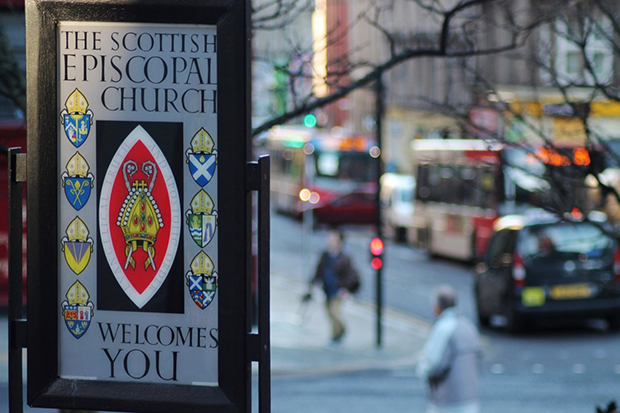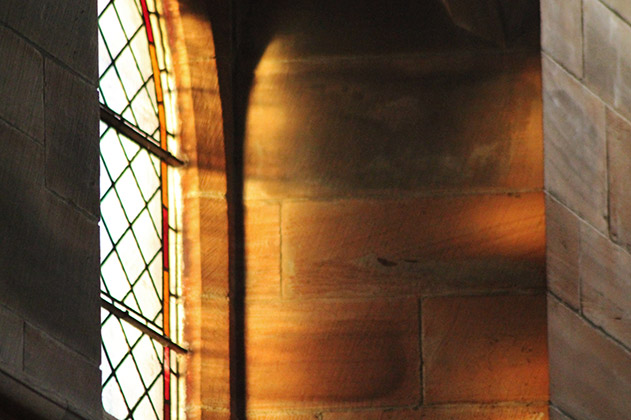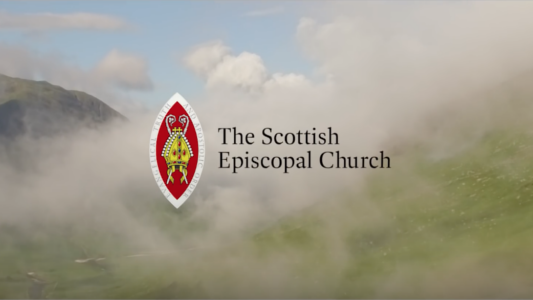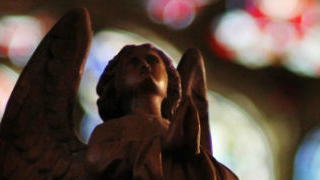To: All Clergy, Lay Readers, Vestry Secretaries and Treasurers
Coronavirus – Additional Guidance
The College of Bishops is aware that the current situation in relation to Coronavirus raises all sorts of questions about matters of practice and theology. We will endeavour to respond to queries as best we are able in the circumstances and the following further guidance is offered.
Weddings and Funerals
The guidance regarding cessation of public worship gives rise to particular issues in relation to matters such as weddings and funerals. Weddings may already be “in the diary” and couples may wish to know whether or not their wedding can go ahead. In the current climate, it is difficult to see how wedding services can proceed on the conventional basis involving large numbers of people, given the fact that church services generally are suspended at present. There are of course pastoral considerations which need to be taken into account also. It is suggested that clergy discuss options with the couple. One may be to proceed with the wedding on the arranged date but with only the couple and immediate family present at the service, and with all present maintaining suitable distance between one another. An alternative would be to defer the wedding and have a future date when circumstances return to a greater degree of normality.
Similarly, pastoral considerations arise in relation to funerals. Funerals need not take place in church and it would seem that if a funeral is arranged for the graveside, again, it would be not unreasonable for immediate family to be present. Clergy should feel free to discuss matters with their Bishop. It should be noted that many crematoria have the facility to livestream services and to host a recording of services for a period of time after the cremation service.
Churches being Open for Prayer
Clergy may want, and are free, to open their churches for prayer, but should not feel obliged to do so. If people come into the church to pray, as individuals, they should observe adequate social distancing and wash their hands on entry. A sign on the church door to highlight this request might be helpful.
Eucharist and Daily Offices
Clergy are welcome to celebrate the Eucharist in their own churches or conduct the usual Daily Offices by themselves, but such occasions should not become services open to others to attend. We recommended that such Eucharists or Offices take place with doors closed.
Pastoral visits and home communions
Visits should not be made without first checking that it is appropriate and safe to visit someone in their own home. People who are self-isolating or who are vulnerable or in a high-risk category and require pastoral support should not be visited in person but may be supported over the phone or via Skype. In effect this means that home communions to those in such categories should also be suspended. More generally, the Bishops wish to discourage home communions at this time since it may expose clergy to risk of infection from those who are not yet showing symptoms but are nevertheless incubating the disease.
Where a visit is to be made to someone in their home who is currently well, clergy should wash their hands when they arrive and when they leave, either with soap and water for at least 20 seconds, or by using a hand sanitiser.
Last rites and end-of-life pastoral visits
It is with great regret that we recommend clergy do not pay personal visits to anyone who is dying and has the coronavirus infection. This is a very difficult situation, but clergy have to look after their own health both for themselves and for their congregations as a whole. In the case of a patient dying in a High Dependency Unit, it may be possible for a priest to join family members behind glass or outside in a waiting room and offer prayer there for the dying person.
If a person is dying and does not have the virus, a pastoral visit can go ahead, provided no-one else that the visitor will come into contact with is either ill or self-isolating.
Vestry meetings
Vestries should not meet physically but decisions and management could be carried out by phone, email or other non-contact means. Such decisions can be “homologated” at a later stage. Within such constraints, vestries should consider issues of contingency planning and resilience in the coming period. The Church of England template is a useful resource in that regard (but please note that it was prepared at a time before church services were suspended and so should be read in that light). It is available on the following webpage: https://www.churchofengland.org/more/media-centre/coronavirus-covid-19-guidance-churches?mc_cid=9d8d133b3b&mc_eid=6a632ecdd2
Use of church halls
Group activities in church halls should be stopped until further notice. In many cases, churches let their halls to outside users. It is expected that in most cases, such users will make decisions for themselves to discontinue activities for the time being but, if not, it is suggested that discussion be undertaken with any such groups with a view to agreeing that lettings be suspended in the current period.
Visits to care home and nursing homes
Public health guidance is that only essential visits should be made to care homes or nursing homes. This could apply to end-of-life situations, but clergy should assess such requests on a case-by-case basis, taking note of the guidance given for last rites and end-of-life pastoral visits (above).
Operation of diocesan offices (open/closed)
This is a matter for individual dioceses. The General Synod Office has moved to home working for most employees and physical meetings of provincial boards and committees are suspended for the time being.
The Most Rev Mark Strange
Primus
18 March 2020







